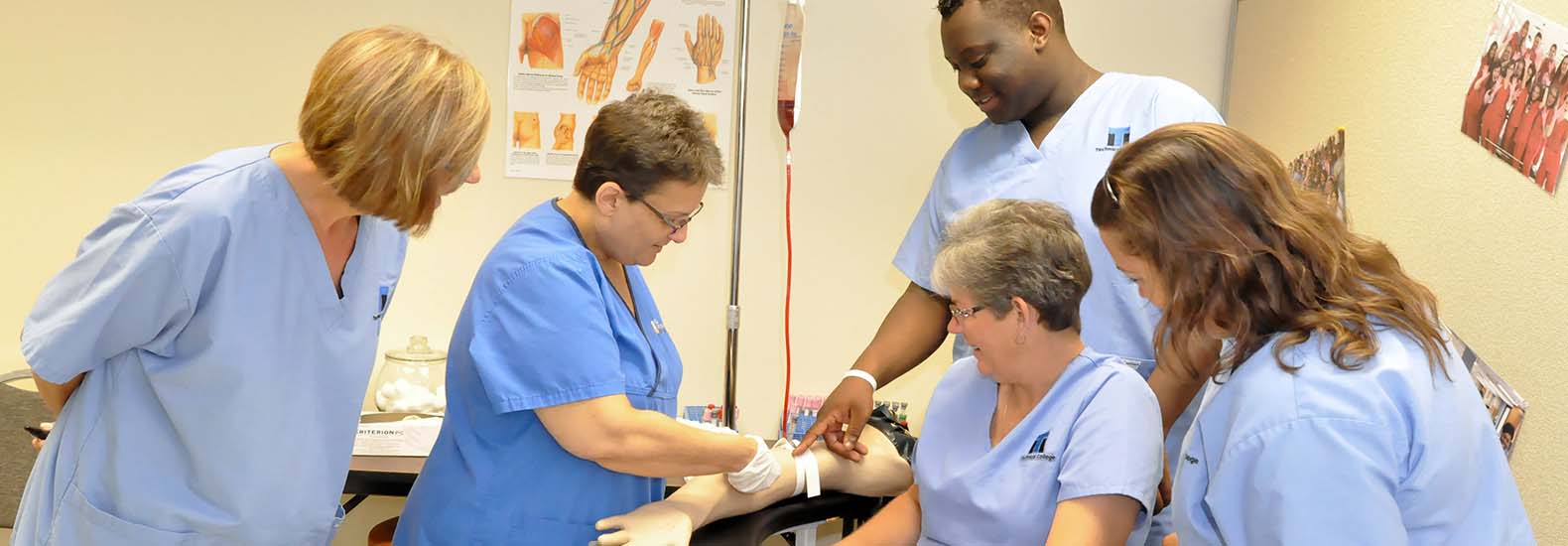If you’re thinking about entering the Medical Billing and Coding industry, you’ll need to know about the qualifications that are needed to keep you competitive in the job market. Like any career, Medical Coding requires the right education, as it’s a highly technical role that will rely on efficient and highly accurate data entry. However, unlike many rewarding jobs, you won’t need a full Associates’ or Bachelor’s degree to become a fully qualified medical coder. You can learn Medical Coding at an accredited school, and with 12 months of full-time study, you could be ready to start work.
Let’s take a look at the requirements and the difference between Degrees and Certifications in the Medical Coding industry.
Why Medical Billing and Coding Education Doesn’t Include a Degree
Medical Coding covers a number of highly specific tasks, and in the field, it will be your job to keep accurate records of patients and medical facilities. Although this is a technical role, it’s not one that would require long years of intensive study.
A Degree course will typically prepare you for industries that are highly varied, where a deep understanding and a number of sub-skills would be required to perform a role. Medical Coding is highly specified, so the course information can be covered in a shorter amount of time, making this an excellent pathway to get into the healthcare industry.
This does not mean that Medical Coding school requires less focus, and many students will find that a full year of training can be more intensive than a year of undergraduate Degree study. Students will need to be highly attentive, a home study will be required to become proficient and comfortable with Medical Coding, and a pre-existing understanding of anatomy and even data entry can be helpful. At the ITI Technical College, you’ll receive all of the structured lessons and support that you need to succeed, and as long as you are determined and hardworking, you could be the proud holder of a Medical Billing and Coding certification after your full year of study.

What if You Already Have a Degree?
Changing industries or moving to a different area of the healthcare industry could be a realistic career path for many people. Having a related Degree will not be detrimental to your training in Medical Coding, and could even be beneficial, depending on the Degree that you hold. Nursing Degrees and even Pharmaceutical Degrees could provide a deeper understanding of the medical terminology and environments in the industry, and these could make it easier for anyone to make the switch to Medical Coding. In some cases, related Degrees could mean that Medical Coding could be learned on the job, without the need for a certificate.
Of course, every case is unique, and most employers will be looking for a specific certification that relates to the standardized medical codes that are used in the healthcare and insurance industries today. You’ll become proficient in the two coding systems used in the U.S. when you learn Medical Coding at ITI Technical College, making you highly employable, even when compared to job applicants that hold degrees related to healthcare.
Want to Get into the Industry? Let Us Help You
Whether you have a degree and are wanting to change jobs, or if you’re a high school graduate who is looking to start a successful career path, the ITI Technical College is a great place to get Medical Coding training in Baton Rouge LA. Call us today and speak to our enrollment team about upcoming program starts, and get all of the information that you will need to get on track for an exciting, highly rewarding, and financially stable career.
For more information about graduation rates, the median debt of students who completed the program, and other important information, please visit our website: https://iticollege.edu/disclosures/




